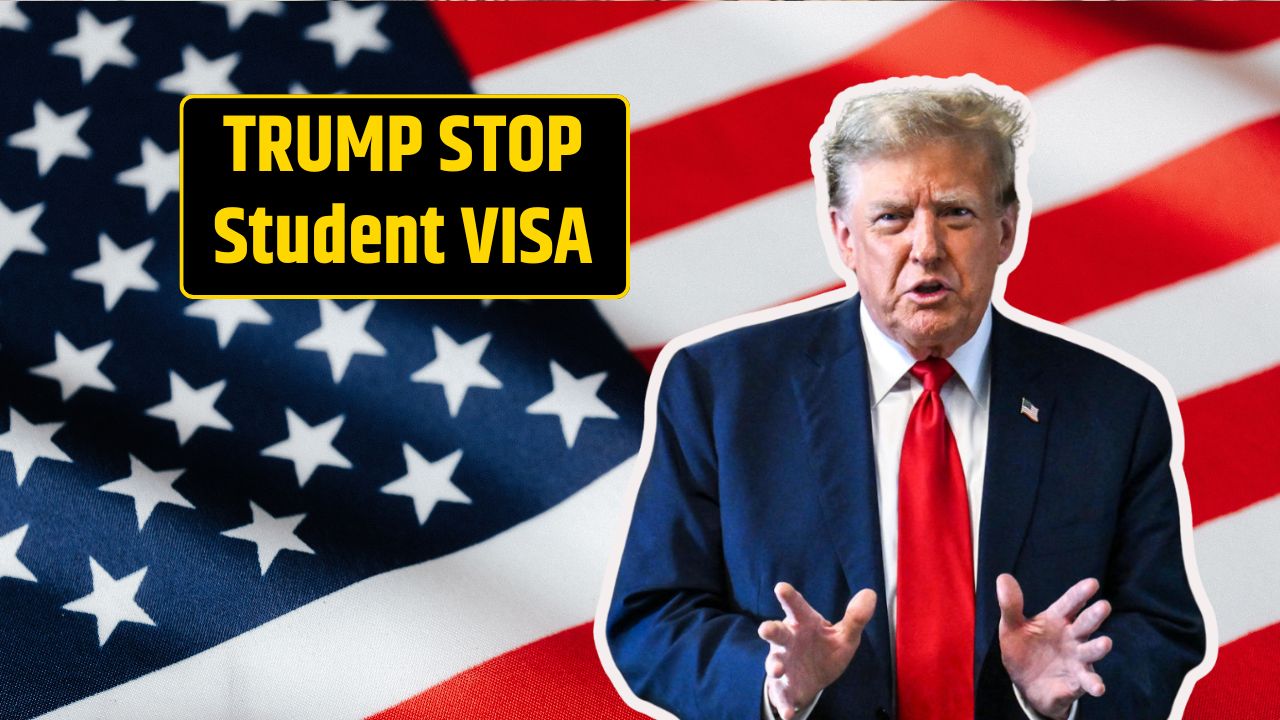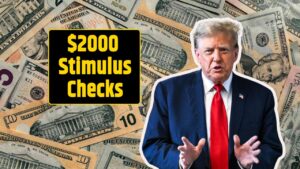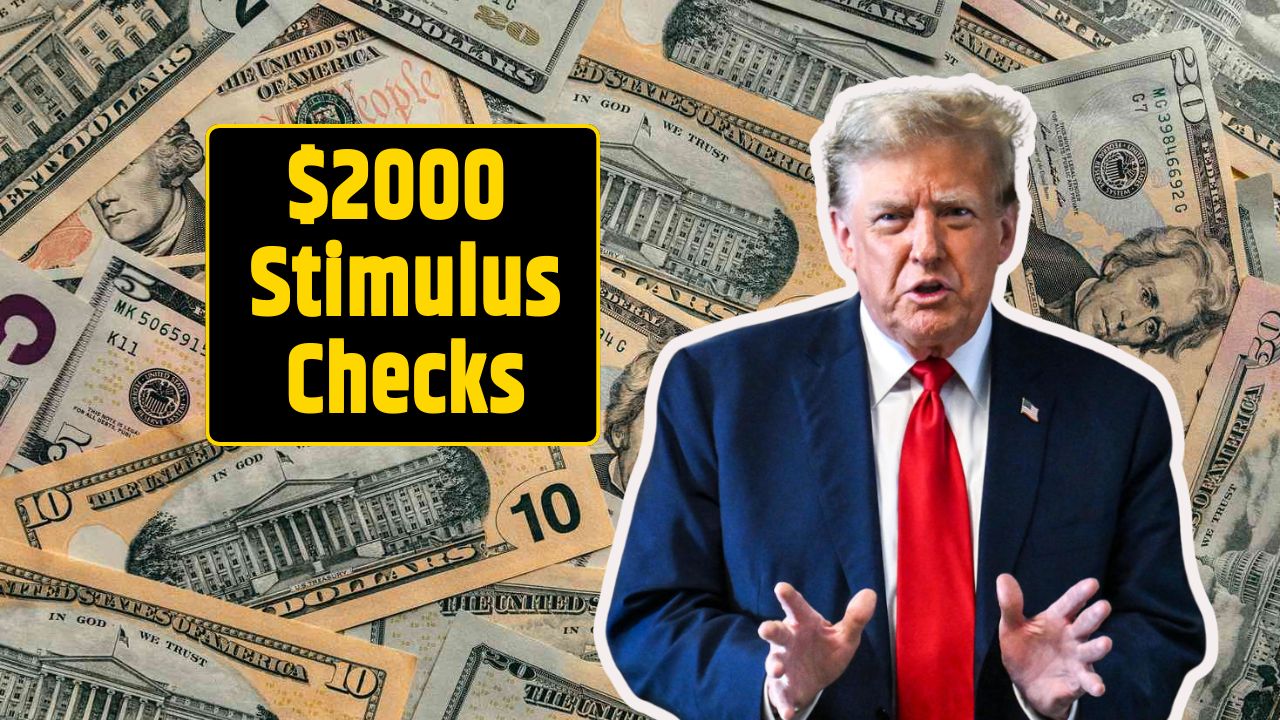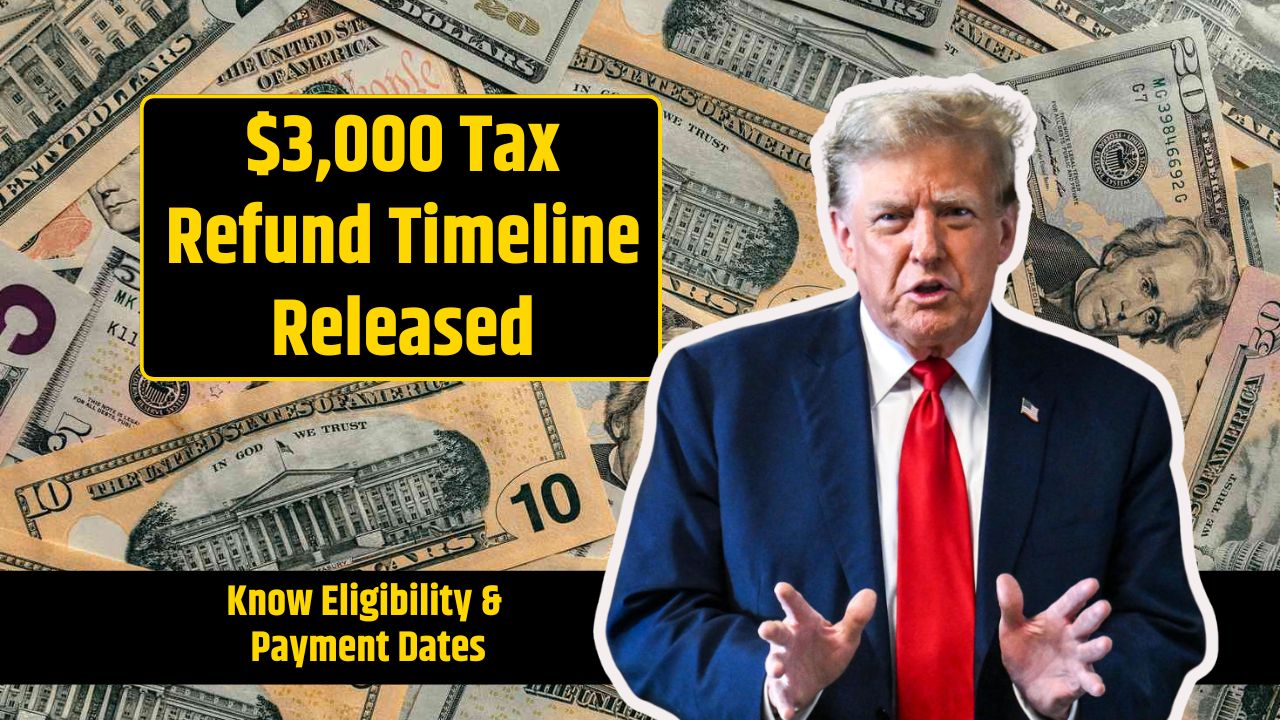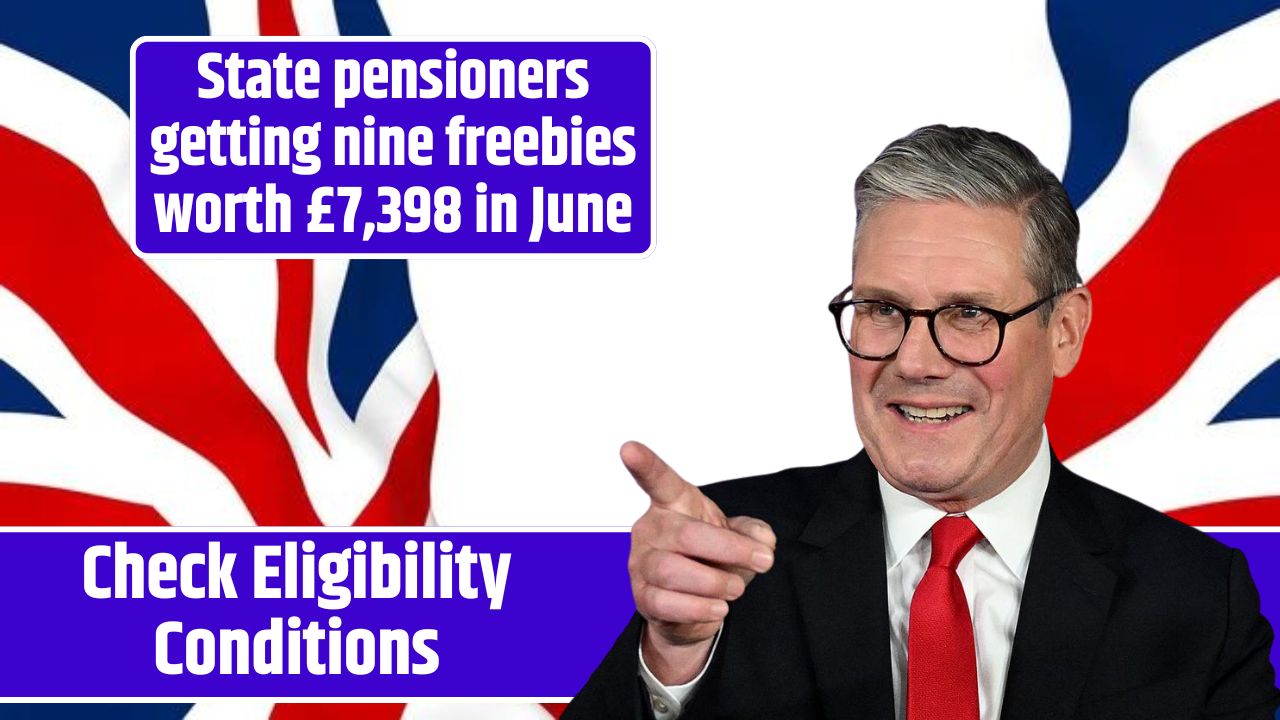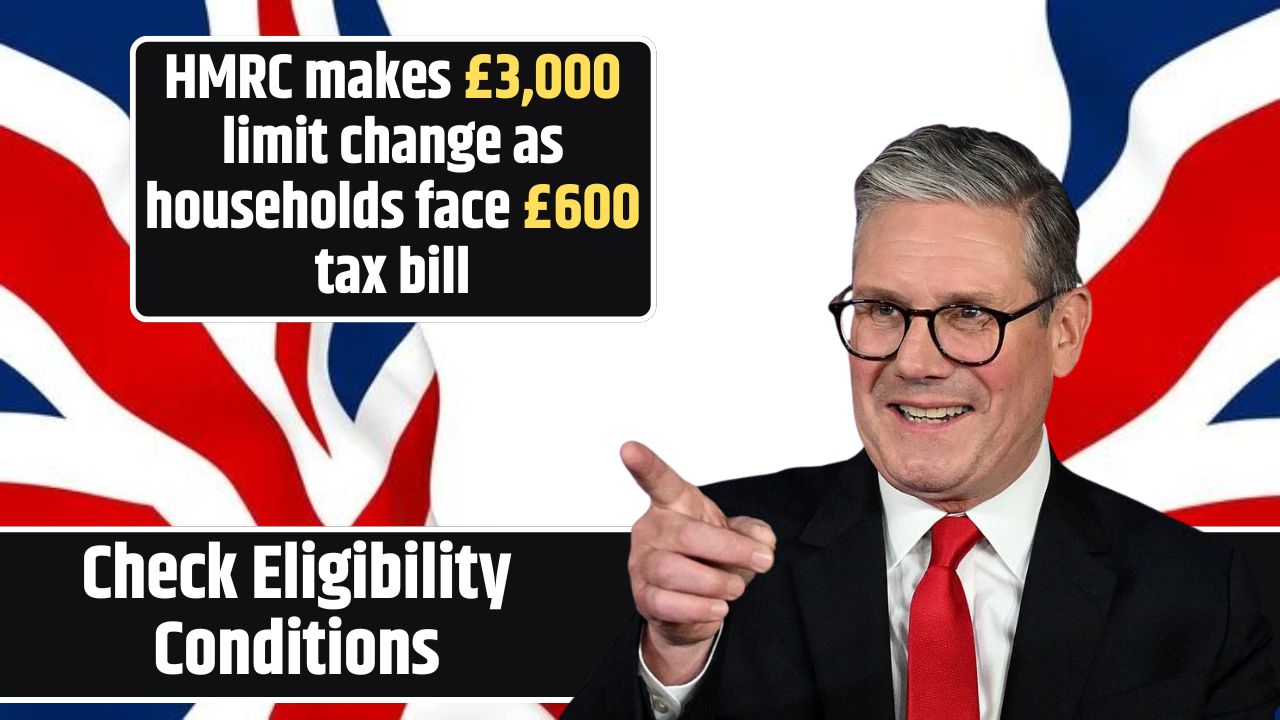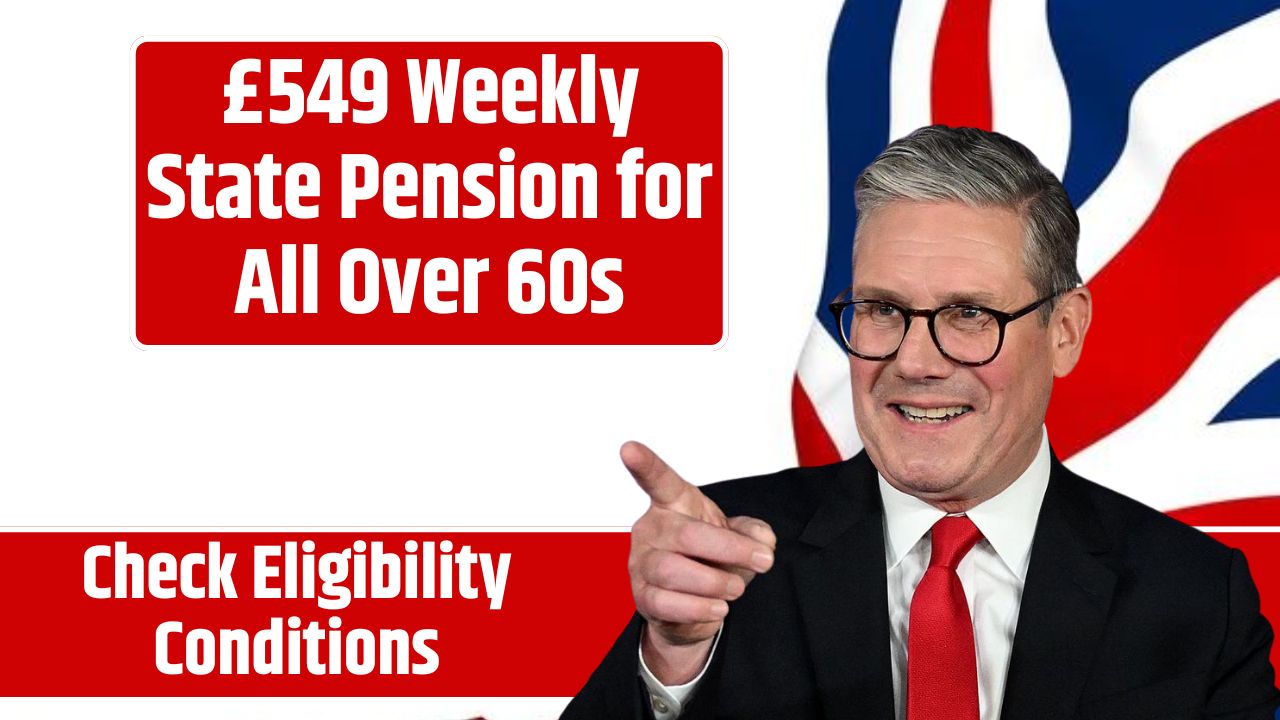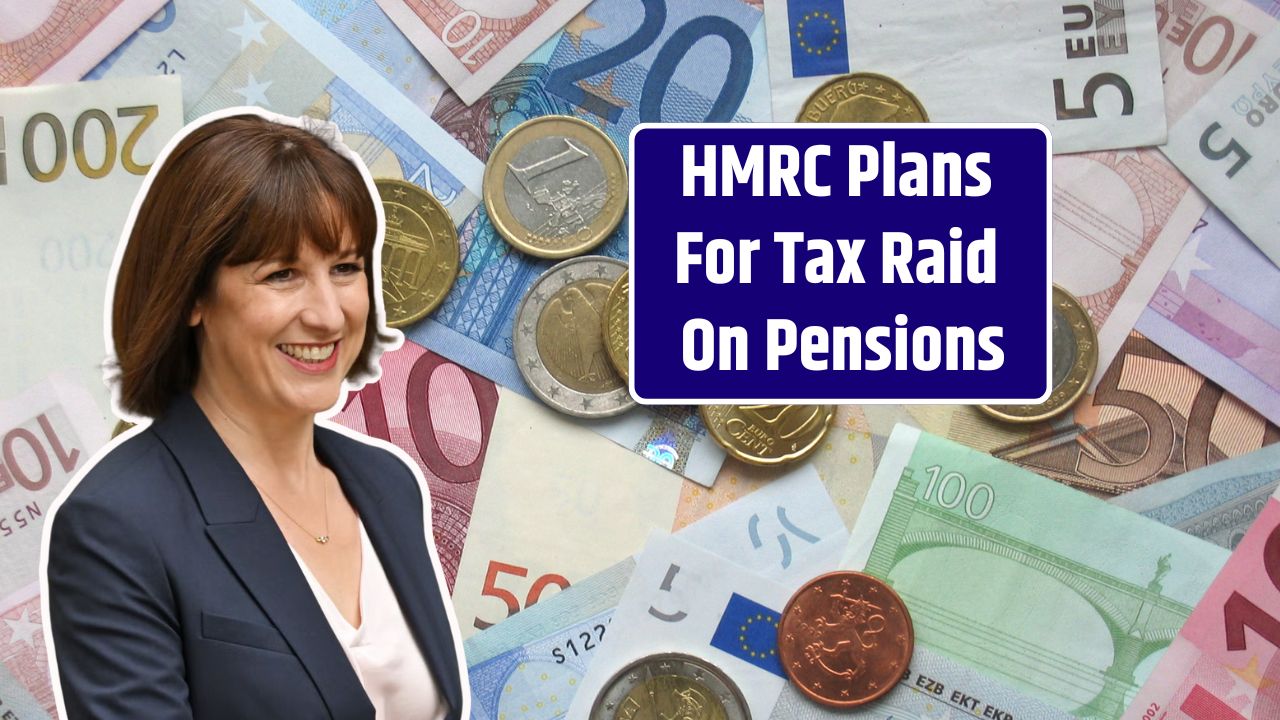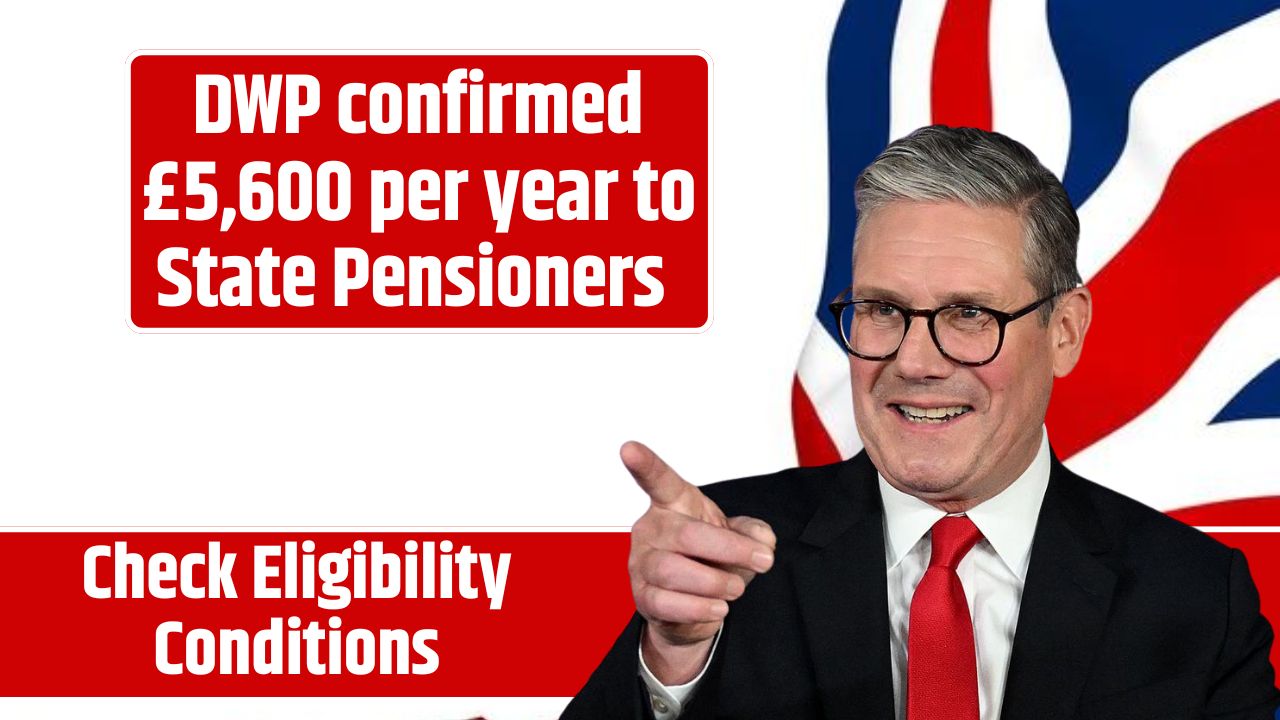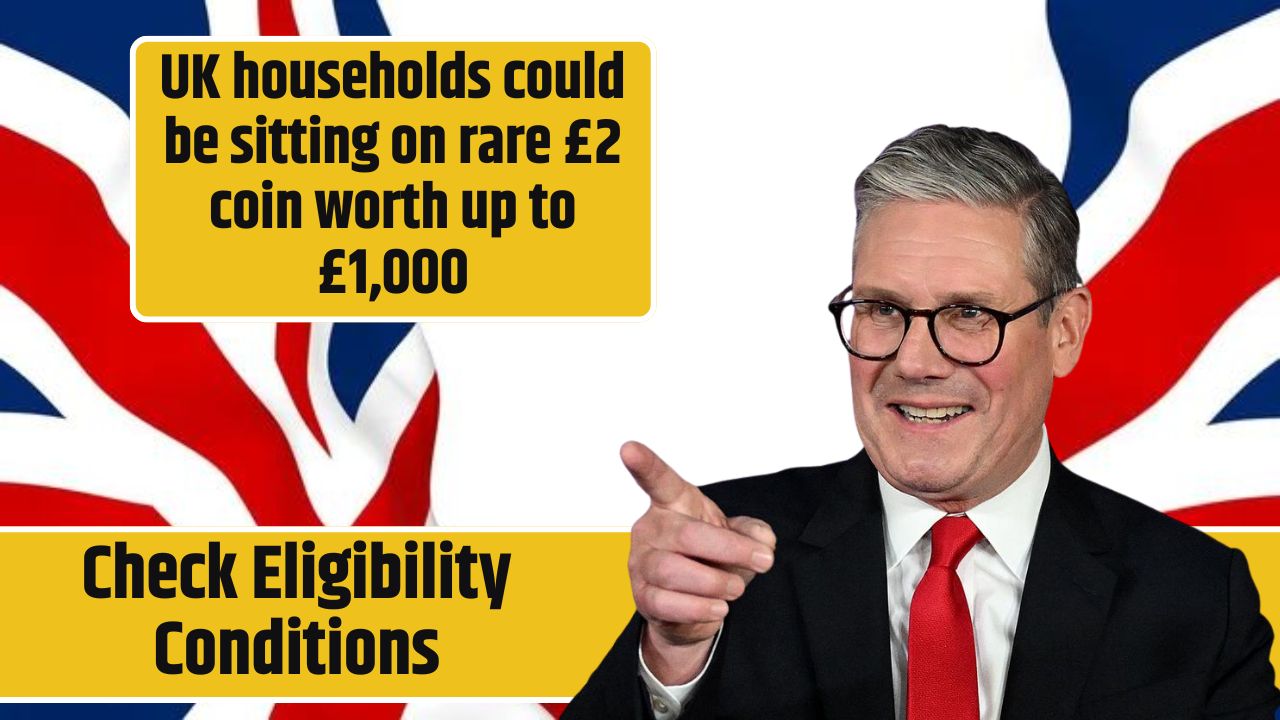As the Trump administration moves to implement sweeping changes to the vetting of international students, a directive from the U.S. State Department has ordered embassies worldwide to pause all new visa interview appointments for foreign students and exchange visitors. The decision marks a sharp escalation in the administration’s push for heightened security screenings, particularly focusing on social media activity, and could have serious implications for U.S. higher education and international diplomacy.
Student Visa Freeze: What’s Changing?
According to a cable sent Tuesday to U.S. embassies and consular sections around the world, officials have been told to immediately halt any further scheduling of visa interviews for F, M, and J visa applicants—student and exchange visitor categories—until further notice.
The move is in preparation for the rollout of expanded social media vetting for all international students, a policy that will soon require consular officers to comb through applicants’ online activity across platforms like Instagram, X (formerly Twitter), and TikTok. Officials are expected to receive detailed instructions within days.
Why the Policy Shift?
The Trump administration has framed this new layer of scrutiny as a national security measure, with particular emphasis on countering what it characterizes as antisemitism and potential links to terrorist activity. The initiative is a continuation of an earlier mandate issued in March, which required officers to review and screenshot social media content from student visa applicants suspected of participating in pro-Palestinian activism or protests.
This latest development broadens the scope significantly. It will now apply to all foreign student visa applicants, regardless of any political activity or affiliations.
Economic and Academic Impact
The visa freeze is poised to disrupt higher education institutions across the country, particularly as many universities prepare for the 2025–2026 academic year. With over one million international students currently studying in the U.S., the sector is both economically significant and deeply integrated into the structure of American academia.
Key Stats:
| Metric | Data (2023–2024) |
|---|---|
| Foreign Students in the U.S. | Over 1 million |
| Economic Contribution | $43.8 billion |
| U.S. Jobs Supported | More than 378,000 |
Universities rely heavily on tuition revenue from foreign students, many of whom pay full fees. Beyond the financial implications, international students are integral to academic research, cultural exchange, and global partnerships.
The freeze is especially damaging given that institutions are already struggling with a decline in international enrollment post-pandemic. The added uncertainty could push prospective students to pursue education in other countries with more stable immigration policies, such as Canada, the UK, or Australia.
Targeting Student Activism?
Critics argue that the policy is not only excessive but politically motivated. The expansion of social media vetting coincides with recent crackdowns on pro-Palestinian campus protests, and raises concerns about freedom of speech and political expression.
Documents obtained by The Guardian show that even expressing support for the Palestinian cause on social media could be flagged as “potentially derogatory.” Under current rules, officers are instructed to retain screenshots of such posts, even if they are later deleted by the user.
This broad interpretation of what constitutes a national security threat has raised red flags among civil liberties advocates, who fear the policy could lead to discriminatory denials of visas based on political beliefs or social media activity taken out of context.
High Visa Revocation Numbers
According to recent comments from officials, the Trump administration has revoked thousands of visas over the past several months, with that number expected to grow. This mass revocation is reportedly part of the same security crackdown that includes the expanded vetting policies.
What Happens Next?
Guidance on the expanded vetting procedures is expected to be released in the coming days. Until then, international students and exchange visitors will face significant delays or uncertainty in planning for academic programs in the U.S.
Prospective students are encouraged to:
- Monitor updates from the U.S. Department of State and embassies.
- Delay travel plans until the status of visa interviews is clarified.
- Consider alternative study destinations if timelines become untenable.
FAQs:
Who is affected by the visa interview freeze?
All new applicants for F, M, and J visas, including international students and exchange visitors.
How long will the freeze last?
No end date has been announced. Embassies are waiting for further guidance from the State Department.
What is the reason behind the policy?
The administration is expanding social media screening as part of a broader vetting initiative, citing national security concerns.

